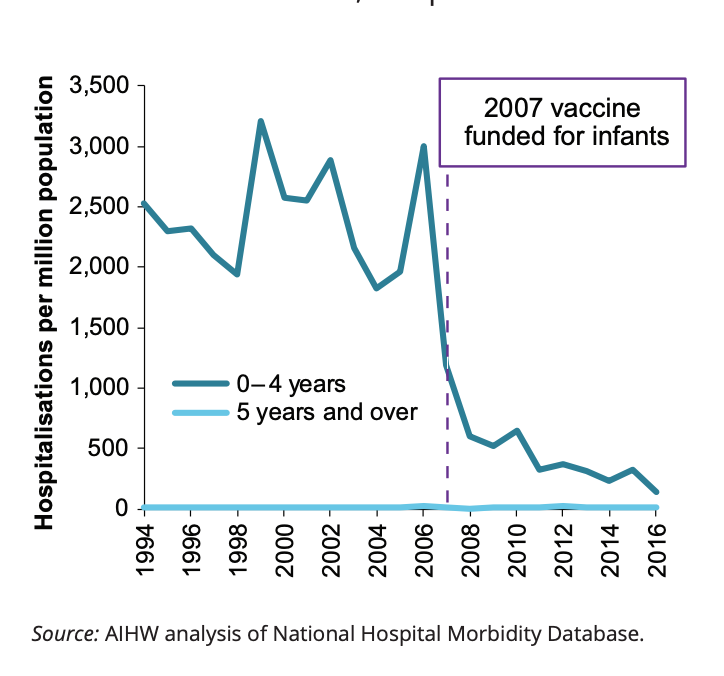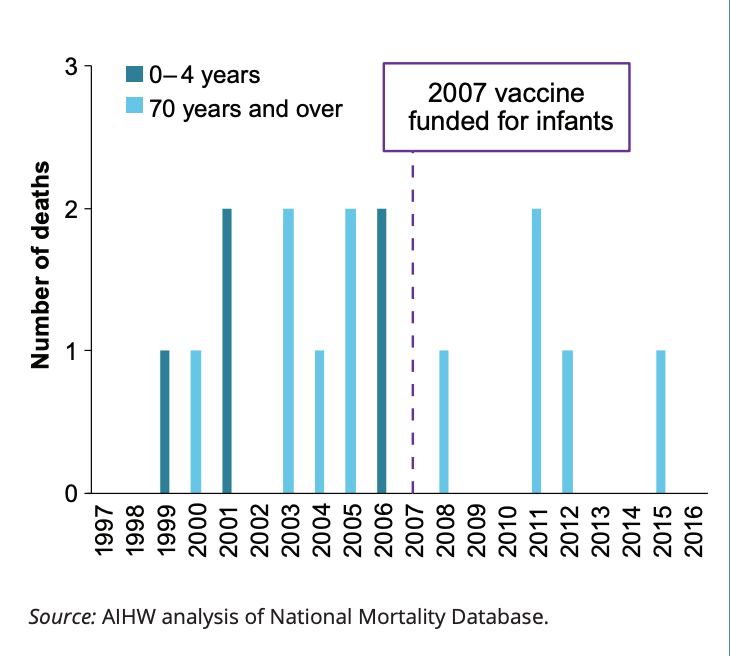When Gastro Strikes
Dr Carla Morley is a paediatrician at Leading Steps Paediatric Clinic with an interest in infectious diseases.
Dr Carla Morley
Nothing strikes more fear into the hearts of parents than rumours of a gastro outbreak.
Gold Coast Health has reported a gastroenteritis outbreak affecting child care centres, schools and nursing homes across the Coast.
The outbreak is spreading with 12 centres effected on the weekend, increasing to 16 by early this week.
Everyone is reminded to stay vigilant with hand washing routines.
Gastroenteritis is a bowel infection that causes diarrhoea and sometimes vomiting, stomach pain, fever and nausea.
It can be caused by many different germs, but most commonly by viruses such as rotavirus, norovirus, astrovirus and adenovirus.
TRANSMISSION
Viral gastroenteritis is highly infectious and spreads through particles when a person vomits, physical contact with a person who has the virus, or coming into contact with objects, surfaces or food or drinks that have become contaminated from someone who has the virus.
PREVENTION
· Hand hygiene – especially after changing nappies, going to the toilet and before preparing food or eating
· Not sharing food/drinks
· Not preparing food for others if you are sick
· Exclusion from school/daycare until 48 hours after the last symptoms (of vomiting/diarrhea)
· Ensuring your child is vaccinated against rotavirus (there are no current vaccines for norovirus)
TREATMENT:
Gastroenteritis usually gets better by itself.
The main treatment at home is rehydration with small but frequent fluids such as an oral rehydration solution. Some children prefer rehydration ice blocks.
If your baby is breastfed, you can continue breastfeeding.
WHEN TO SEE A DOCTOR:
- Vomiting and diarrhea and not drinking
- Excessive diarrhoea (8-10 watery stools per day)
- If the condition is not improving after 10 days
- If they show signs of dehydration (less wet nappies, not going to the toilet much, dark urine, feeling dizzy or lightheaded, dry lips and mouth.)
- Bad stomach pain
- Green vomit
- Blood in the stools or vomit.
- If the child seems sleepy or lethargic or making you feel worried for any reason
- All babies under six months old are at higher risk of dehydration so they need to be checked by a GP if they have signs of gastroenteritis.
OTHER TYPES OF GASTRO:
Bacterial gastroenteritis:
· Campylobacter
Usually acquired by eating contaminated food (for example undercooked chicken or foods contaminated by raw meats/chicken), handling young pets or having close contact with farm animals, person to person spread due to poor hand hygiene
· Salmonella
Usually acquired by eating under cooked food from infected animals, person to person via direct contact or from handling animals that are infected. A few years back a Leading Steps Paediatrician’s son was hospitalized with salmonella after feeding birds at a local national park.
· Shigella
Acquired via the faecal-oral route. This usually occurs due to poor hygiene, some types of sexual activity or by eating or drinking contaminated food/water
Note:
There have been 914 cases of campylobacter on the Gold Coast this year (1.4 times the four-year average). There has also been an increase in reported cases of Shigellosis, but that is likely due to new testing and detection practices.
DID YOU KNOW?
Around the world Rotavirus is the most common cause of severe gastroenteritis in early childhood.
Since the introduction of a rotavirus vaccine on the National Immunization Schedule the rate of hospital admissions has dropped by more than 7000 each year and those who do go to hospital are usually less severely affected.
Between 1999 and 2007 five children under five died from rotavirus, but since the vaccine was introduced no children have died.





